(ECNS) -- The Winter Solstice, or Dongzhi in Chinese, is the fourth of the 24 traditional Chinese solar terms. It falls on Dec.22 this year, the shortest day of the year in the Northern Hemisphere, marking the turning point of the sun's movement.
It is also a time to celebrate ancient Chinese traditions passed down for thousands of years.
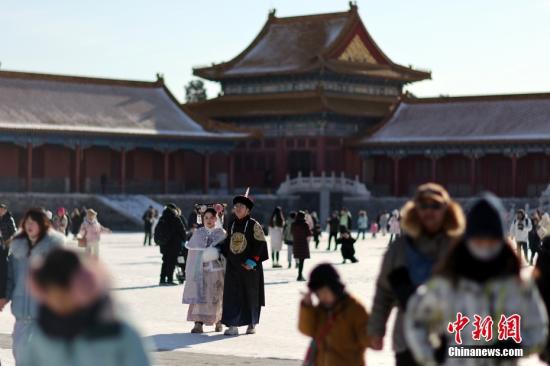
It is the first created among the 24 solar terms that reflect the changes in seasons and climate. With a history of more than 2,500 years, it can be dated back to the Spring and Autumn Period when the ancient Chinese used a sundial to prove that the Winter Solstice had arrived. It later became a traditional festival in the Han Dynasty and was regarded as the first day of the new year. Ceremonies would typically be held and both officials and common people would have a rest on this day.
The customs for celebration vary from region to region, but they all share the joy of welcoming the return of the sun and warmth and expressing hope for a better life. In northern China, eating dumplings is a popular tradition, as it is said to prevent the ears from freezing.
In southern China, eating Tangyuan is a common practice, as it symbolizes reunion and harmony. A tangyuan is usually filled with sweet fillings and some people believe that eating it can help one grow one year older.
Besides eating, there are also other activities to celebrate the festival, such as making paper lanterns, burning incense praying, and counting the nines of winter. Starting from the Winter Solstice, each "nine days" is counted as a “nine”, and there are nine “nine days” in total, which is 81 days. People believe that the “third nine days” and the “fourth nine days” are the coldest periods of the year and after these nine consecutive periods, spring will come.











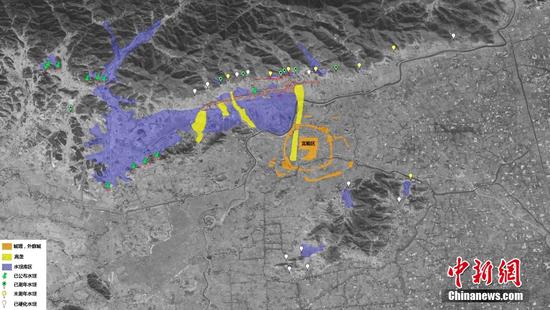
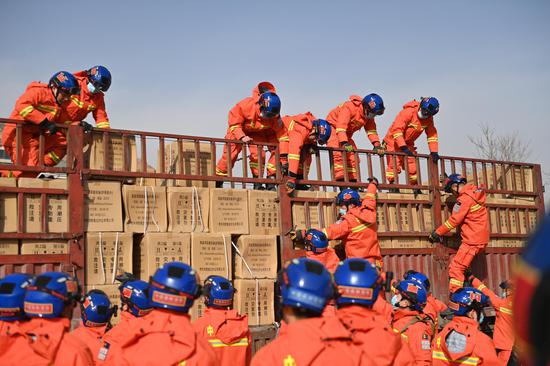

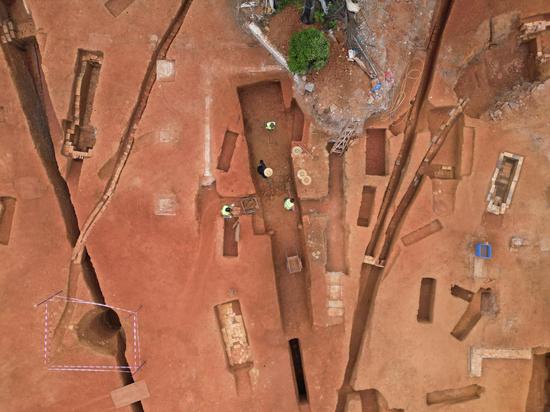



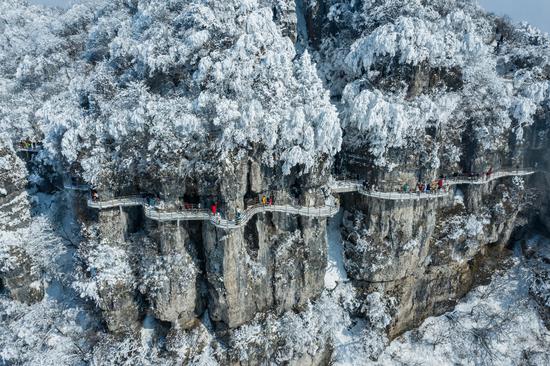


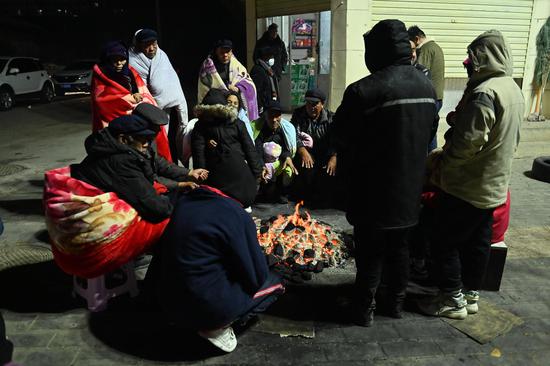


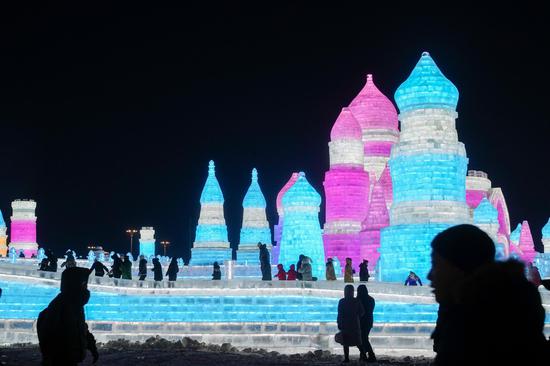
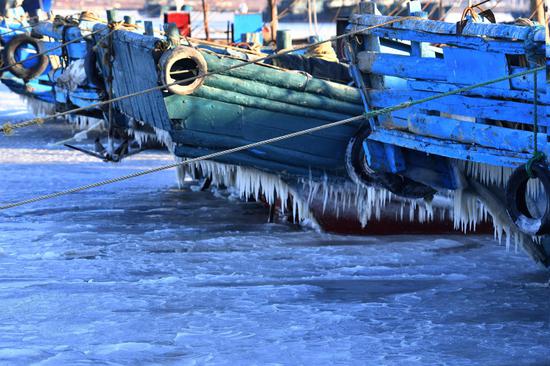
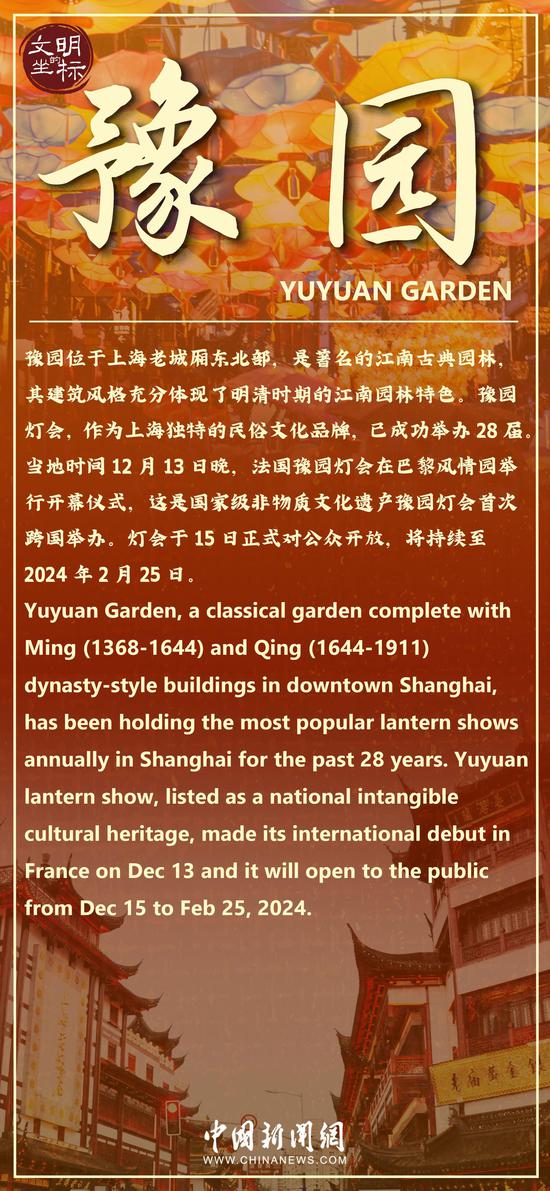
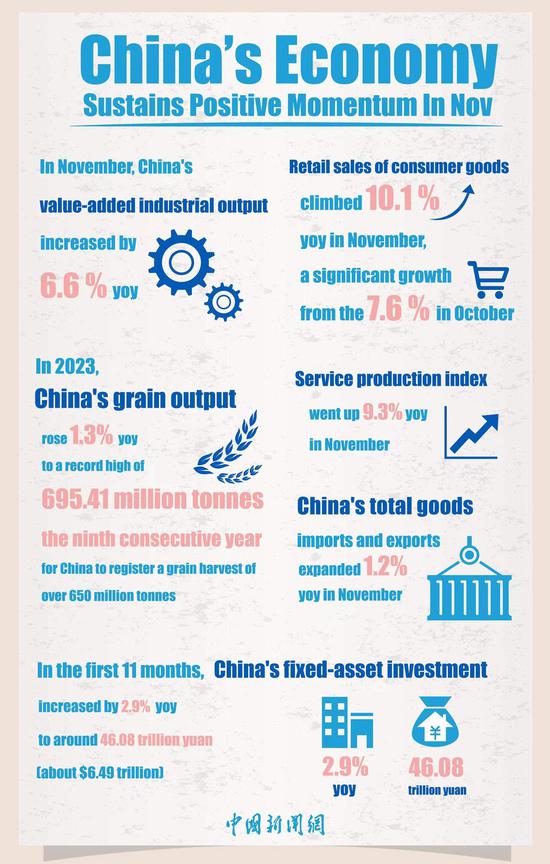
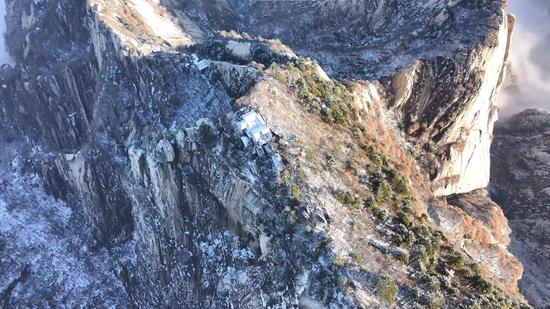

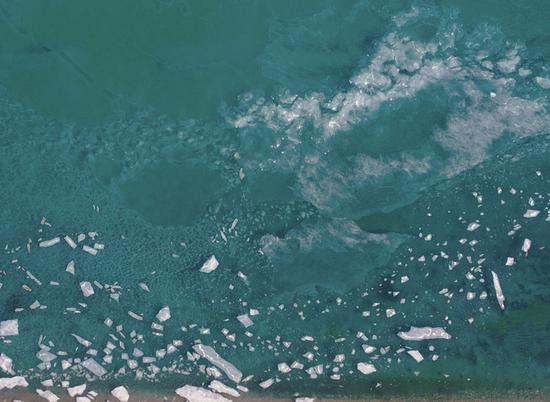

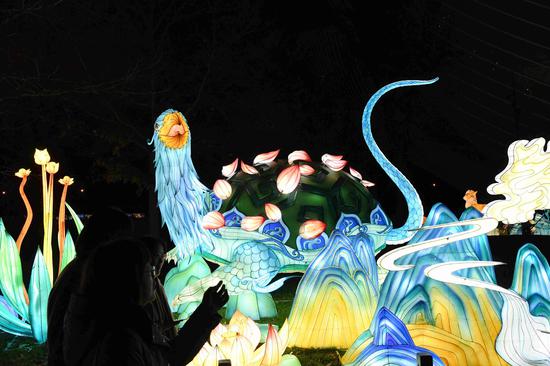
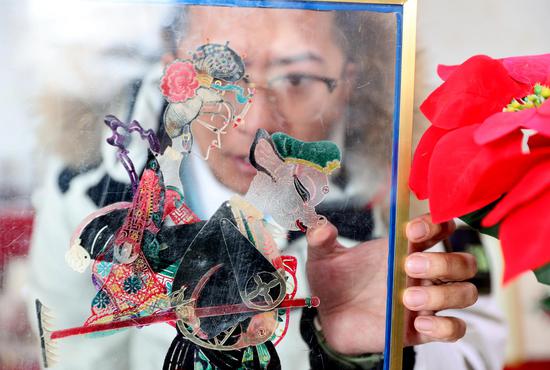

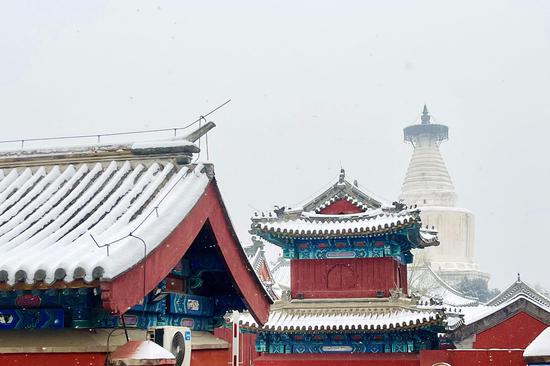
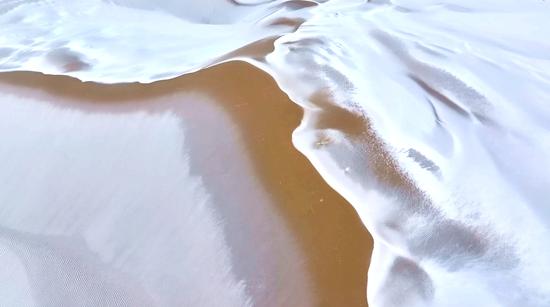
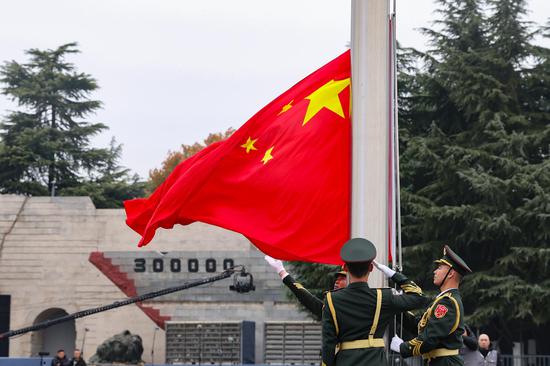
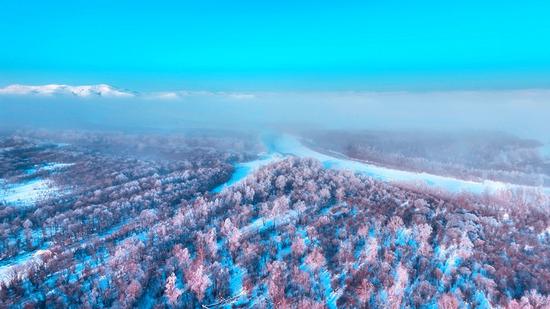
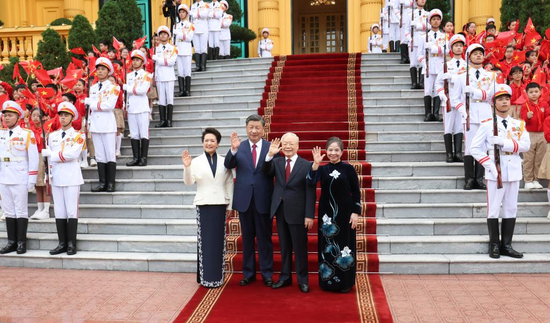


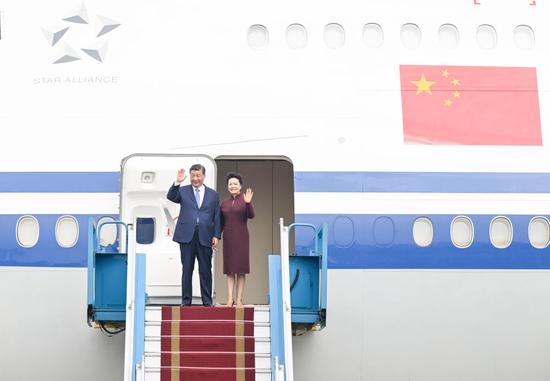







 京公网安备 11010202009201号
京公网安备 11010202009201号